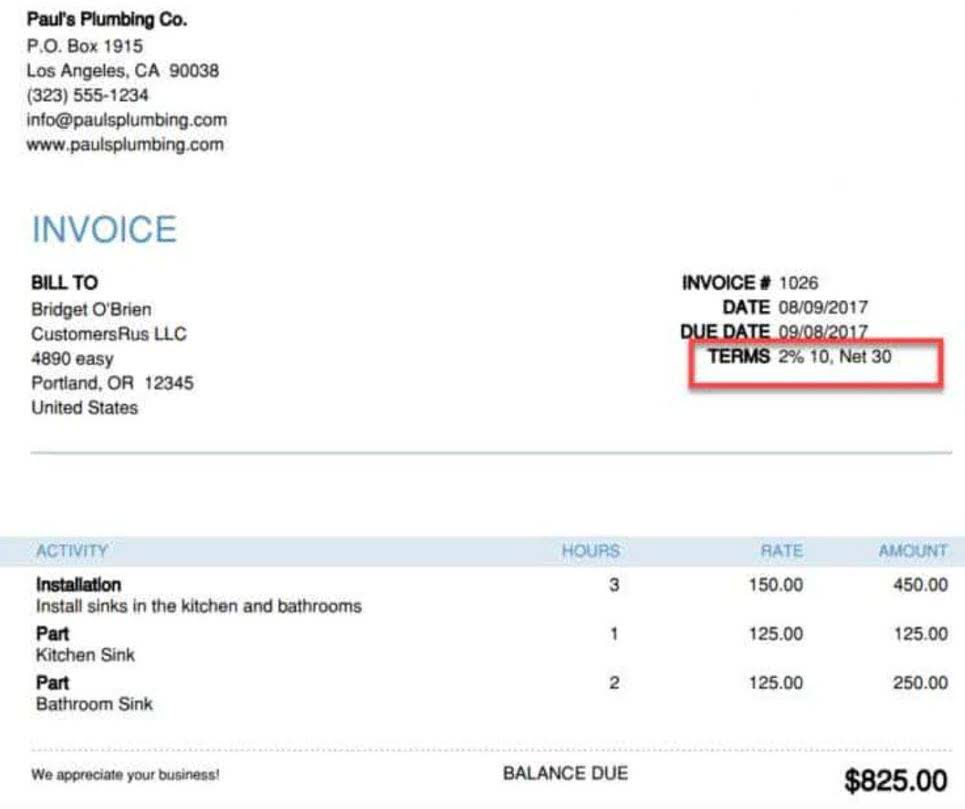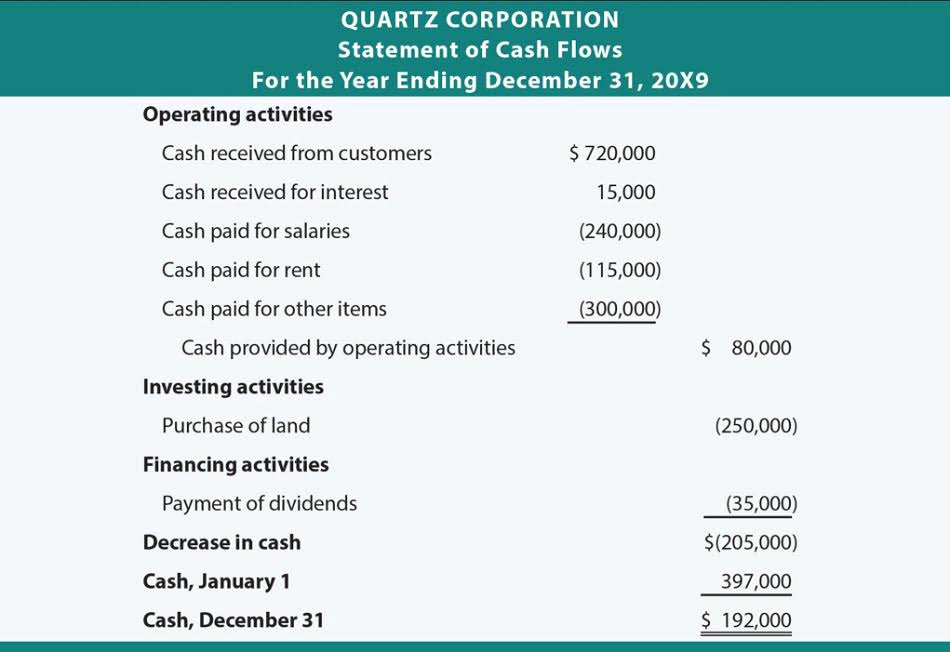
An entity is assumed to be a going concern in the absence of significant information to the contrary. An example of balance sheet such contrary information is an entity’s inability to meet its obligations as they come due without substantial asset sales or debt restructurings. If such were not the case, an entity would essentially be acquiring assets with the intention of closing its operations and reselling the assets to another party. Usually, liquidation value is applied when investors feel a company no longer has value as a going concern, and they want to know how much they can get by selling off the company’s tangible assets and such of its intangible assets as can be sold, such as IP. A company or investor that is acquiring a company may compare that company’s going-concern value to its liquidation value in order to decide whether it’s financially worthwhile to continue operating the company, or whether it is more profitable to liquidate it. If the auditor or management deems it unlikely that the business will be able to meet its obligations over the next year, the next step is evaluating the management’s plan.

Disclosure of a going concern qualification
- After almost a decade of experience in public accounting, he created MyAccountingCourse.com to help people learn accounting & finance, pass the CPA exam, and start their career.
- Liquidating a going concern can give an investor a bad reputation among potential future takeover targets.
- Shaun Conrad is a Certified Public Accountant and CPA exam expert with a passion for teaching.
- When the financial statements are prepared for the annual report, it is the job of the Board of Directors to decide if the company is still a going concern.
- In essence, that means that there is no threat of liquidation for the foreseeable future, which is usually perceived as a period of time lasting for 12 months.
The articles and research support materials available on this site are educational and are not intended to be investment or tax advice. All such information is provided solely for convenience purposes only and all users thereof should be guided accordingly. The business is not a going concern as, according to the available evidence, it will not be able to continue its operations for a long time in the future. A small business cannot make payments to its creditors due to an extremely poor liquidity position. The court grants the purchase price of liquidating the company upon the petition of one of the firm’s creditors. However, if it is known that a business will close down in, for example, the next two or three months, it would be more appropriate to state its assets not at cost but at the value at which these can be sold on the closure of the Partnership Accounting business.
Is the concept of going concern justifiable?

Most troubling is that auditors might fail to issue a negative going concern opinion because of the lack of auditor independence. Management determines the auditor’s tenure and remuneration and can hire and fire the auditor at will. The threat of receiving a negative going concern opinion may motivate management to go “opinion shopping,” as was alluded to in the WorldCom and Enron business failures. Because the issuance of a negative going concern opinion is feared to be a self-fulfilling prophecy, auditors may be reluctant to issue one. A going-concern opinion may lower stockholders’ and creditors’ confidence in the company and rating agencies may downgrade the debt which leads to an inability to obtain new capital and an increase in the cost of existing capital.

Ways Email is Secretly Destroying Your Accounting Firm

The Federal government took more than $250,000 worth or Gibson’s inventory and slapped them with large fines for violating international laws. Gibson is still considered a going concern, because it is not likely the fines and punishment will stop its operations. Candidates are therefore encouraged to practise as many exam standard questions as possible as the syllabus offers a variety of ways in which the concept of going concern can be examined. © 2025 KPMG LLP, a Delaware limited liability partnership and a member firm of the KPMG global organization of independent member firms affiliated with KPMG International Limited, a private English company limited by guarantee. KPMG has market-leading alliances with many of the world’s leading software and services vendors. Someone on our team will connect you with a financial professional in our network holding the correct designation and expertise.

- In addition, management must include commentary regarding its plans on how to alleviate the risks, which are attached in the footnotes section of a company’s 10-Q or 10-K.
- “I do really like the framing of it, in that it’s trying to provide a lot of carrots for manufacturers to do the right thing, to engage in the studies to make sure that there isn’t bias in their devices,” Shachar said.
- If the net income is zero or negative, it may be better for a company not to report any figures at all.
- Certain red flags may appear on financial statements of publicly traded companies that may indicate a business will not be a going concern in the future.
- GAAS considers this principle a crucial parameter for determining the longevity of a business.
If the net income is zero going concern or negative, it may be better for a company not to report any figures at all. This will help prevent the investors from getting pessimistic forecasts about future losses. A financial auditor is hired by a business to evaluate whether its assessment of going concern is accurate. After conducting a thorough review (audit) of the business’s financials, the auditor will provide a report with their assessment. If management does have a plan to sell assets, seek additional financing, start selling a new gizmo, or raise money with new stock issuances, you’ll need to evaluate it. Auditors are required to be conservative, so it is certainly possible, although unlikely, that the plan will work.